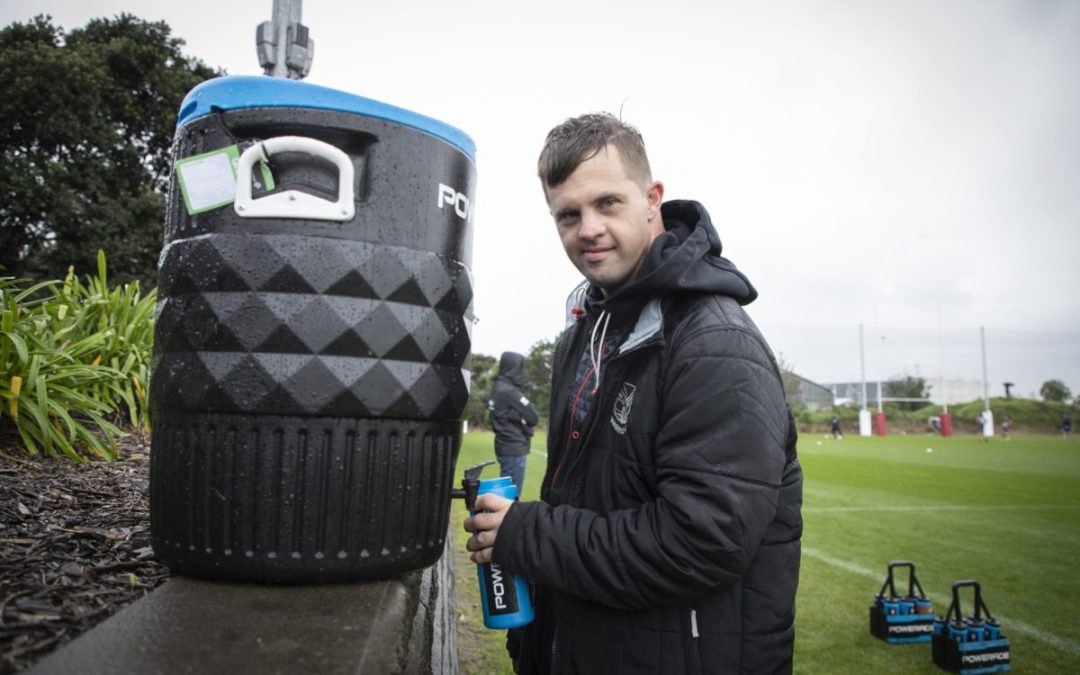

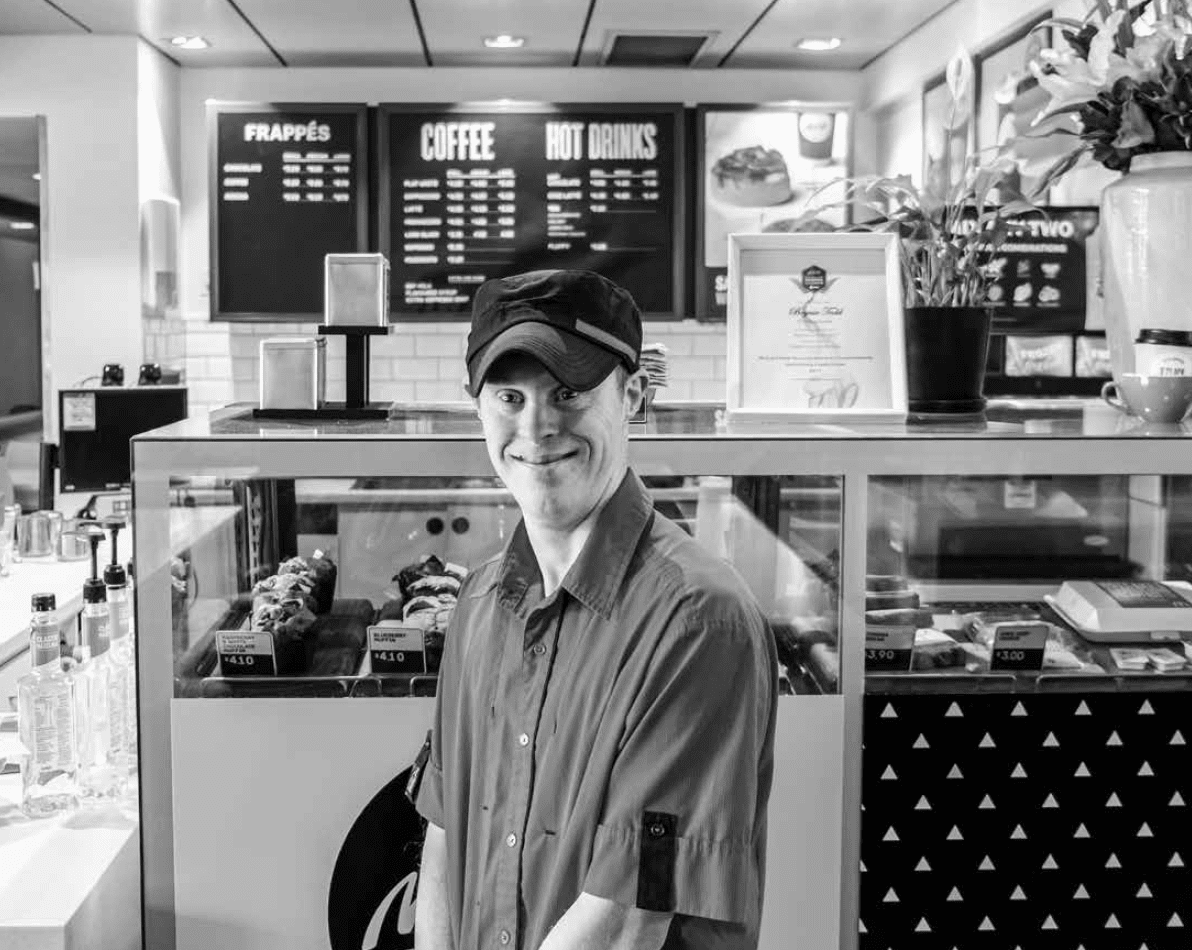
Me and My Job – Joel Forman
Where do you work? McDonalds Sydenham in Christchurch How long have you been there? 2 years How many days a week do you work? Two days, Monday and Tuesday. What hours do you work? I start at 11am til 2pm, so three hours. How do you get to work? I bike or bus to work...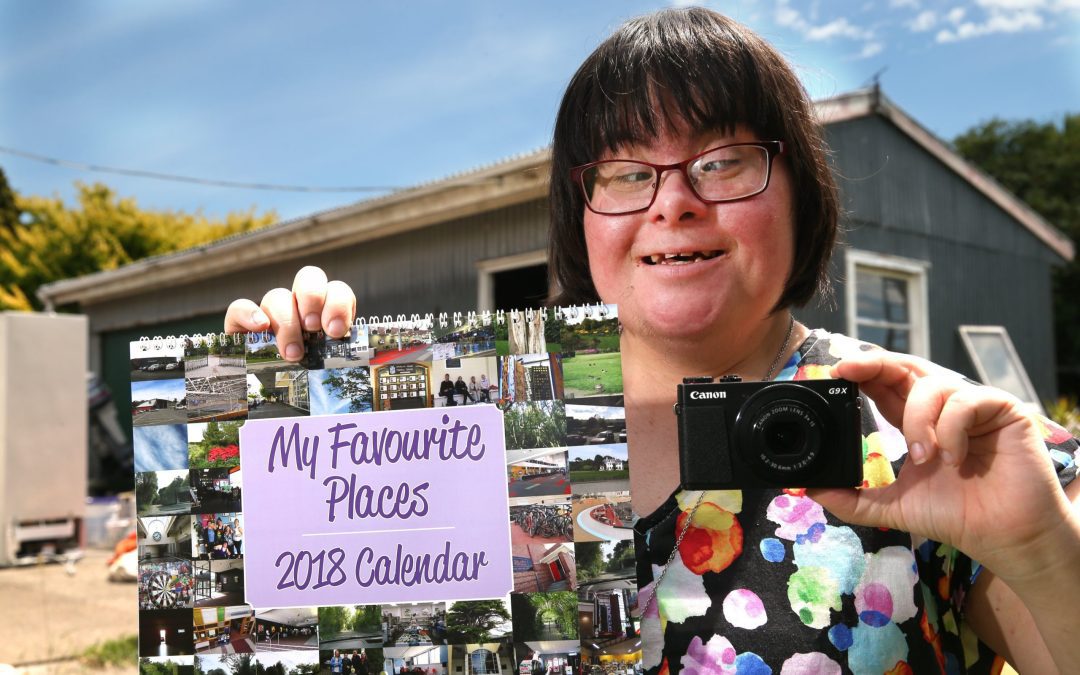
My job – Roseanne Zyskowski
STEP UP A group of people with Down syndrome who have shown an interest in self-advocacy and want to work their way into the STRIVE team. Home 9 Search query for: pati Stand up loud Talk about Empowering People with Down syndrome to have Universal Participation...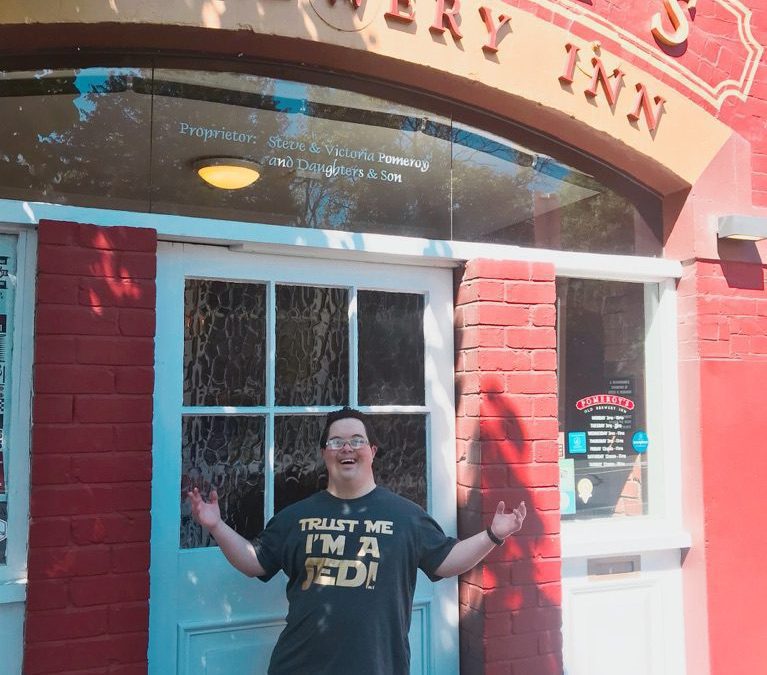
My job – Peter Rees
STEP UP A group of people with Down syndrome who have shown an interest in self-advocacy and want to work their way into the STRIVE team. Home 9 Search query for: pati Stand up loud Talk about Empowering People with Down syndrome to have Universal Participation...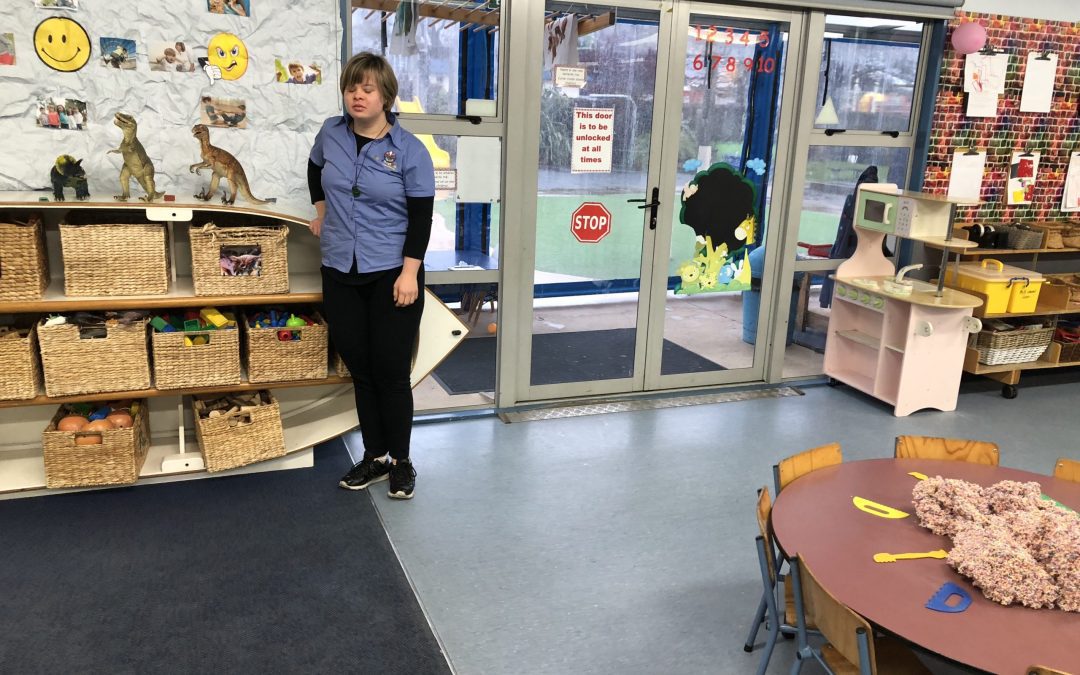
My job – Hannah Proctor
I love working at my pre-school by Hannah Proctor About three years ago, when I was still at school, I was given an opportunity to try work experience in a pre-school, Footsteps Christan Pre-School, in Christchurch. My teacher aide came with me to help me twice a week...
